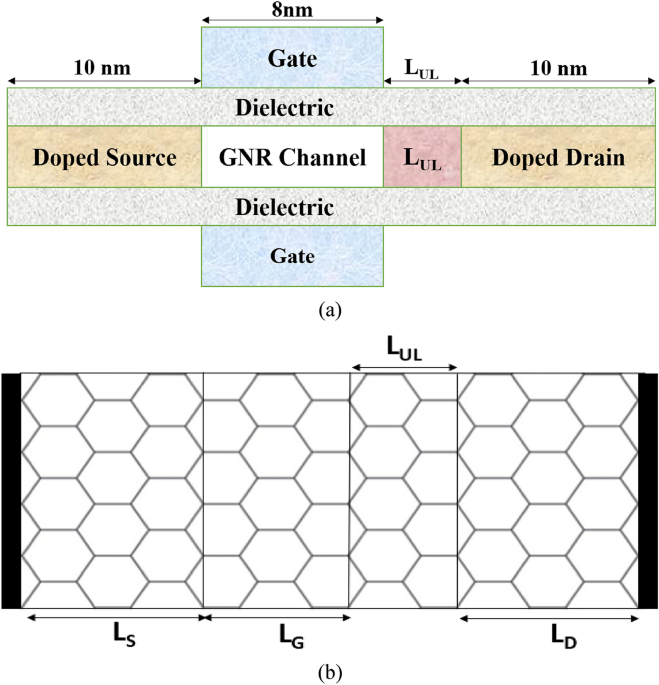
- Select a language for the TTS:
- UK English Female
- UK English Male
- US English Female
- US English Male
- Australian Female
- Australian Male
- Language selected: (auto detect) - EN
Play all audios:
We in the West fondly imagine that communism came to an end in 1989. In China, that year has a different significance: the peaceful demonstrations in Tiananmen Square and across China, which
were brutally crushed on the orders of Deng Xiaoping, are never officially mentioned. Instead, the Chinese Communist Party is celebrating Deng’s economic reforms, which began in 1978.
President Xi’s address on the 40th anniversary took place in the Great Hall of the People, a cavernous temple of totalitarianism, deliberately designed to dwarf the individual and glorify
the party. His message emphasised continuity and collectivism rather than individualism. The country had corrected the mistakes of the Cultural Revolution and in four decades of
industrialisation achieved a miracle for which the West had needed centuries: “The impossible became possible in the hands of the Chinese people.” What Xi really wants the Chinese people to
see as impossible is life without the Communist Party under his leadership. His combination of pragmatism and ruthlessness recalls the era of Deng, but his cult of the personality is far
more reminiscent of Mao Zedong. Xi maintains that “Mao Zedong thought” is still valid; under him, there has been no attempt to come to terms with the appalling crimes of Mao, in which tens
of millions of lives were casually sacrificed and the country’s cultural heritage laid waste. On the contrary: Xi’s treatment of the Uigars, the Muslim ethnic minority in the West of China,
who have been deported en masses to “re-education” camps, is entirely in keeping with Mao’s attempt to destroy Tibetan identity. The Laogai, or labour camps, of the Mao era still exist and
are used to punish anybody who deviates from the party line. Democracy, the rule of law, freedom of speech, press, information, assembly, conscience, or any form of dissent that could
threaten the party’s monopoly of power: none of these exists in China. Nor is there the slightest chance of any political reform under Xi. In such a repressive state, we still require the
dark art of deciphering the meaning of the leader’s gnomic pronouncements. Yesterday’s speech included the following obscure but ominous remarks: “There’s no master who can lecture China…We
oppose anyone imposing wills on others, we oppose interference of [sic] others’ affairs, and we oppose bullying.” These words have been read as a warning to Donald Trump. There’s no doubt
that the trade war with the US is a big headache for Xi, as is the more aggressive American military posture in the Far East which threatens to halt Chinese expansion across the region. But
Xi also has another, wider and even more defiant message, not just for Trump but for the whole West: he does not accept the idea that life, liberty and the pursuit of happiness go together.
For him, recent Chinese history proves that only a one-party state can achieve “the impossible”. Xi evidently foresees a global confrontation in the near future: “Any drama begins with a
prelude, but the prelude is no climax.” In Xi’s version of Maoist ideology, the Chinese drama is just beginning and will only reach its climax when “Mao Zedong thought”, as interpreted by
Xi, dominates the world. “For a country as great as ours,” he declared, “it must have ambitions.” What we have here is a new, Chinese version of Samuel Huntington’s clash of civilisations.
Under Xi, Chinese civilisation will challenge the narrative of Western pre-eminence. Almost everything that Western civilisation has created and still represents — except market economics —
is seen as dispensable or even decadent from Beijing. So the defence of Western civilisation will be the great task of the coming epoch. Xi has thrown down the gauntlet. Let us hope that
posterity is equal to the challenge.




